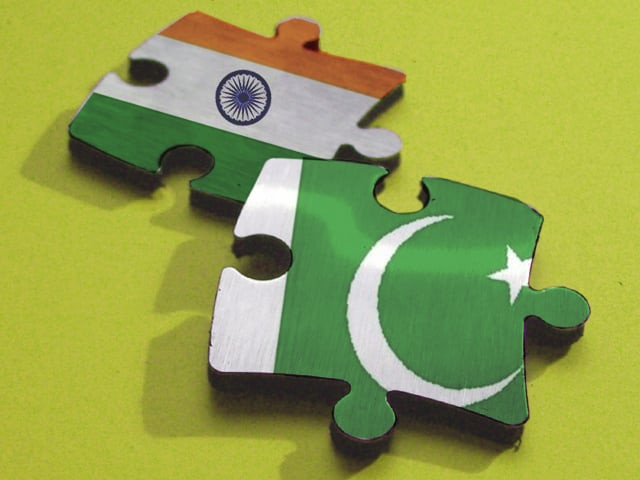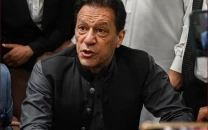New framework: ‘Rope in China and Iran to ensure regional stability’
Khokhar calls for keeping out ‘external influence’.

While rejecting ‘external’ influence, ostensibly referring to the US, in the Indo-Pak relations, former Foreign Secretary Riaz Khokhar called for a broader regional approach to the issues between the two countries.
Speaking at the conference titled ‘Pakistan-India: A Security Route to Cooperation’ on Friday, he called for roping in China and Iran into the ambit of the proposed framework for greater strategic stability at the regional level.
Khokhar said that the mistrust between India and Pakistan had grown, which meant that concerted efforts were required to bring about an improvement in the ties between the two countries. On the other hand, speakers from the other side of the border said that India has started to improve its relations with neighbouring countries and during last two years, it has settled issues with Bangladesh, Sri Lanka and Nepal, painting a rosy picture for the future of ties between ‘rival’ countries.
Dr Suba Chandran, an Indian scholar, pointed out that India was seeking strategic relationships with Israel, the European Union, Japan and Australia; not all of it being Pakistan-specific. However he did admit that India was investing in all South Asian Association for Regional Cooperation (Saarc) with neighbours. During the discussion, there seemed to be a general consensus over strategic stability being more important than mere conventional force reductions.
General (retd) Talat Masood, a defence analyst, spoke about the imbalance of forces in India’s favour from 1947 onwards. Pakistan, according to Masood, did manage to achieve some counter to the conventional imbalance not just through an alliance with the US but also the strategic partnership with China.
He also felt that movement on other fronts, such as economic would be extremely important.
Dr Suba expressed the view that one should see the issue of a conventional balance not an end in itself but as part of a larger framework of strategic stability. He felt with China, India had a policy of confrontation and engagement.
Dr Shireen Mazari, a political scientist, expressed hope that there was already a basis for some consensus on moving towards conventional stability as well as the beginnings of civil nuclear cooperation albeit in the limited realm of nuclear medicine, cooperation in agriculture and nuclear safety within the context of disaster management
Subrata Ghoshroy, a research associate from Massachusetts Institute of Technology, questioned why India could not move towards getting over its China hostility on the basis of mutuality of interests.
The concluding session focused on media perceptions on the relevancy of security route to cooperation. The event was organised by Strategic Technology Rescores.
Published in The Express Tribune, January 28th, 2012.



















COMMENTS
Comments are moderated and generally will be posted if they are on-topic and not abusive.
For more information, please see our Comments FAQ